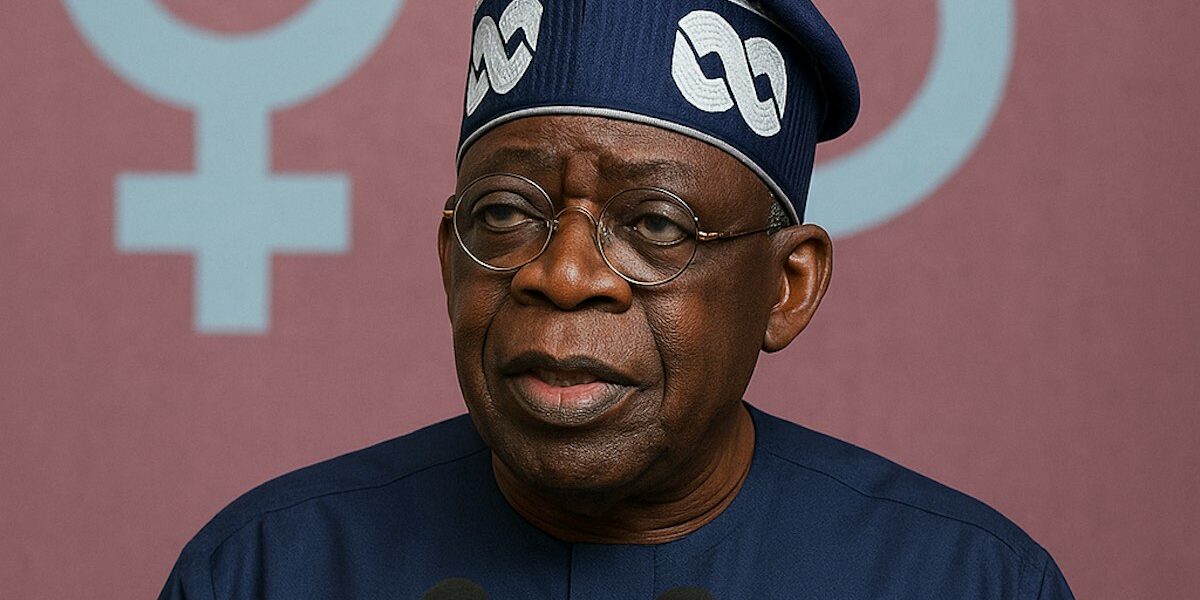The recent decline in crude oil prices, with Brent crude falling to $59.62 per barrel, poses significant challenges to Nigeria's economy, which has long been heavily reliant on oil revenues. This price drop is below the 2025 budget benchmark of $75 per barrel, potentially impacting the country's fiscal plans and revenue projections.
In response to these economic pressures, the Federal Government is intensifying efforts to diversify the economy and reduce dependence on oil. Finance Minister Wale Edun emphasized strategies such as increasing crude oil production, enhancing non-oil revenue mobilization through agencies like the Federal Inland Revenue Service (FIRS) and Customs, and implementing innovative non-debt financing strategies.
Additionally, the recent imposition of a 14% tariff on Nigerian exports by the United States adds complexity to Nigeria's economic landscape. The Minister of Industry, Trade and Investment, Dr. Jumoke Oduwole, acknowledged that these tariffs could disrupt non-oil exports but also highlighted the government's commitment to turning these challenges into opportunities by accelerating economic diversification and improving compliance with international standards.
These developments underscore the urgency for Nigeria to diversify its economy, focusing on sectors such as agriculture, manufacturing, and services to build resilience against external economic shocks and ensure sustainable growth.

.jpg)









